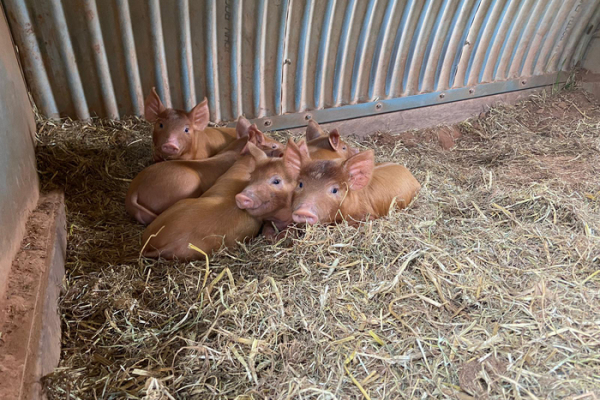Putting numbers on how well looked after the animals that end up on our plate are...
Interviews with Scientists
Interviews about medicine, science, technology and engineering with scientists and researchers internationally...
People who inherit the same versions of certain genes from mum and dad, are shorter and do less well at school. Peter...
Researchers at Imperial College have tracked down a new gene involved in severe obesity and type 2 diabetes. Alex...
More people are starting to talk about epigenetics, but what's it all about? To find out I spoke to Robin Allshire...
Connecting to public Wi-Fi could mean you hand over the keys to your personal data.
When you go online, who is tracking your behaviour and why?
Can a shift to digital records help hospitals use big data to improve health care?
This year the BBC micro:bit computer will be given out free to every 11 year old in Britain, to encourage them to learn...
A new, free programme allows people to write and play music, simply by using code.
What's the best way to get people into coding, and is it really that important?
Body armour is a key weapon in the fight against explosives and can be made from all kinds of materials from ceramics...
What can we do to stop explosives from causing injury?
How much damage can an explosion cause and how can we measure it?
Explosives have been used for over 1000 years, but what makes an explosive and how do they work?
It’s not just embarrassment or blushing that makes a lady redden: women also become subtly redder when they are...
People who inherit the same versions of certain genes from their mum and their dad are likely to be shorter and do less...
Clusters of pits observed on the surface of comet 67P-Churyumov-Gerasimenko by the Rosetta probe hint at a hollow...
The Royal Society in London comes alive with a week-long exhibition showcasing the very latest in cutting edge...
A study on young mice suggests that antibiotic use might be making children more likely to become obese.
Scientists sporadically need to add or deduct seconds from our clocks but if our timekeeping is so accurate, why do...
How was atomic time discovered? And how do atomic clocks work?
Humans have been measuring time for centuries - but how have we got from sundials to atomic clocks?
Everyone is familiar with the concept of time but when did it begin? And how do we know when the beginning of time...
Scientists have unravelled just why we get ringing in our ears - or tinnitus - and the discovery could pave the way...
Can you predict your newborn's personality traits by looking into their eyes? Research suggests yes...
